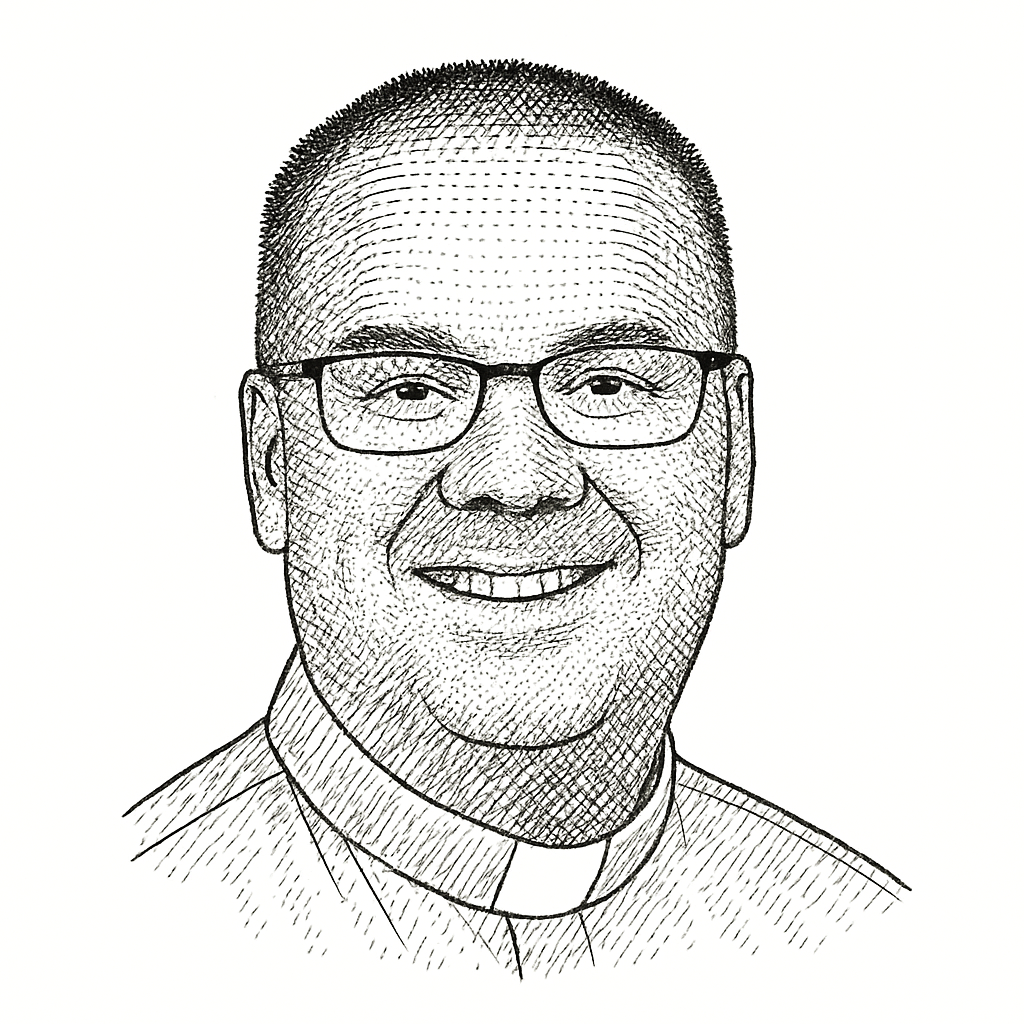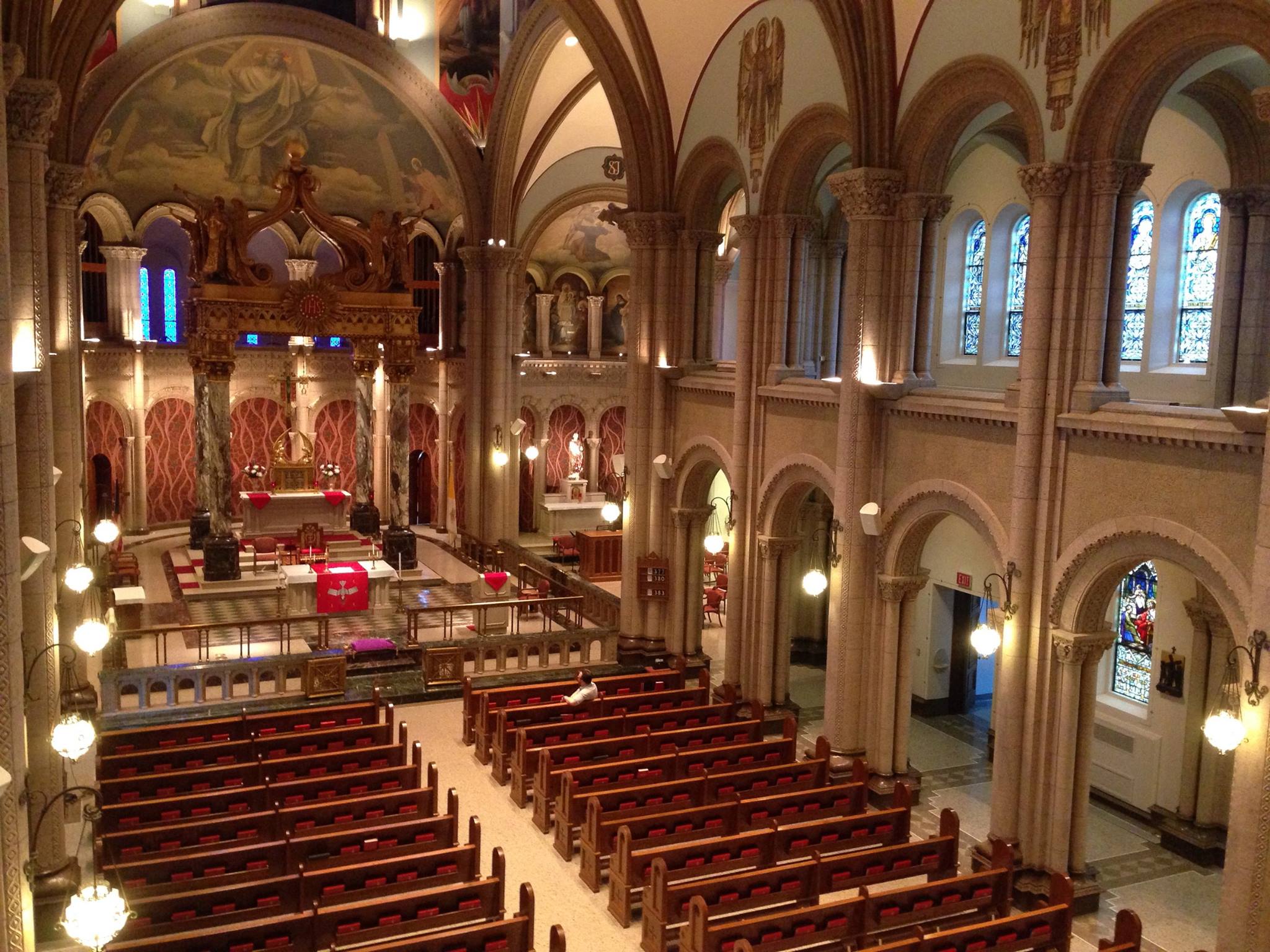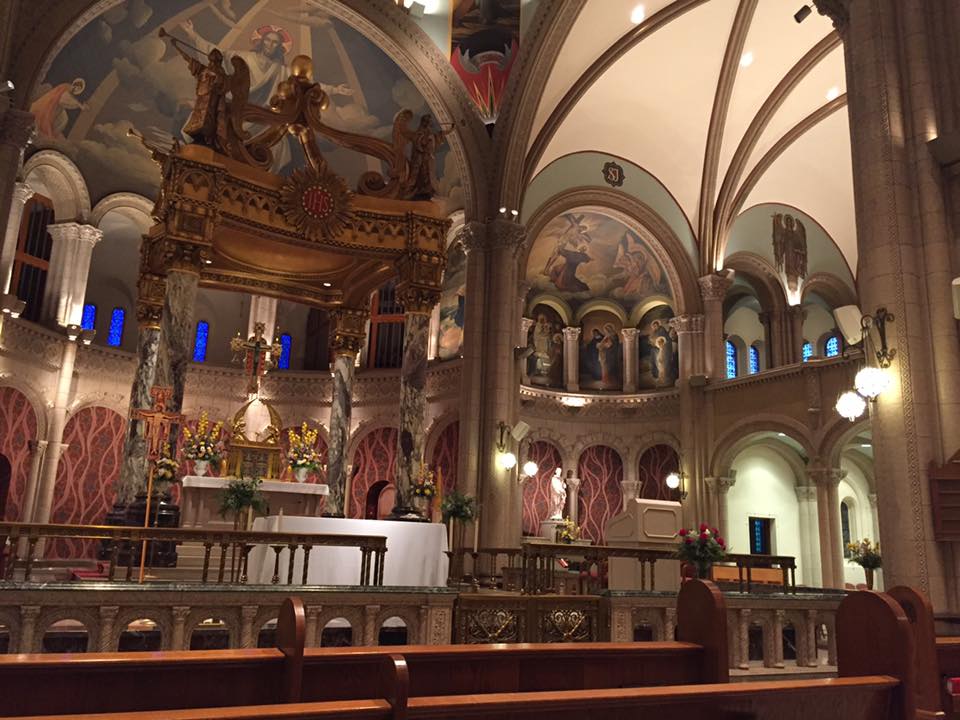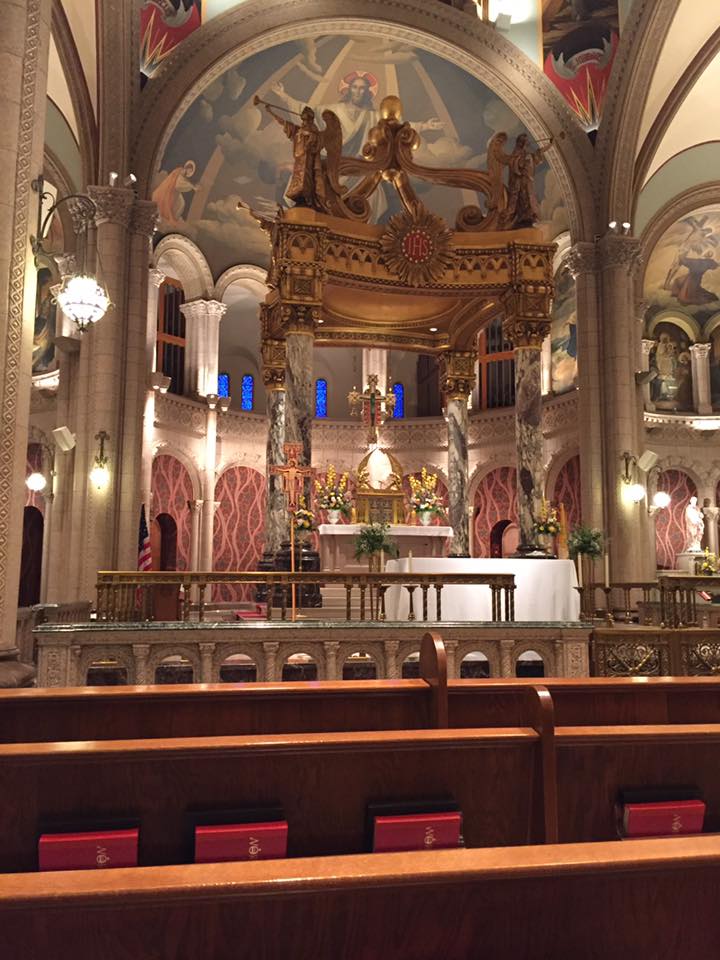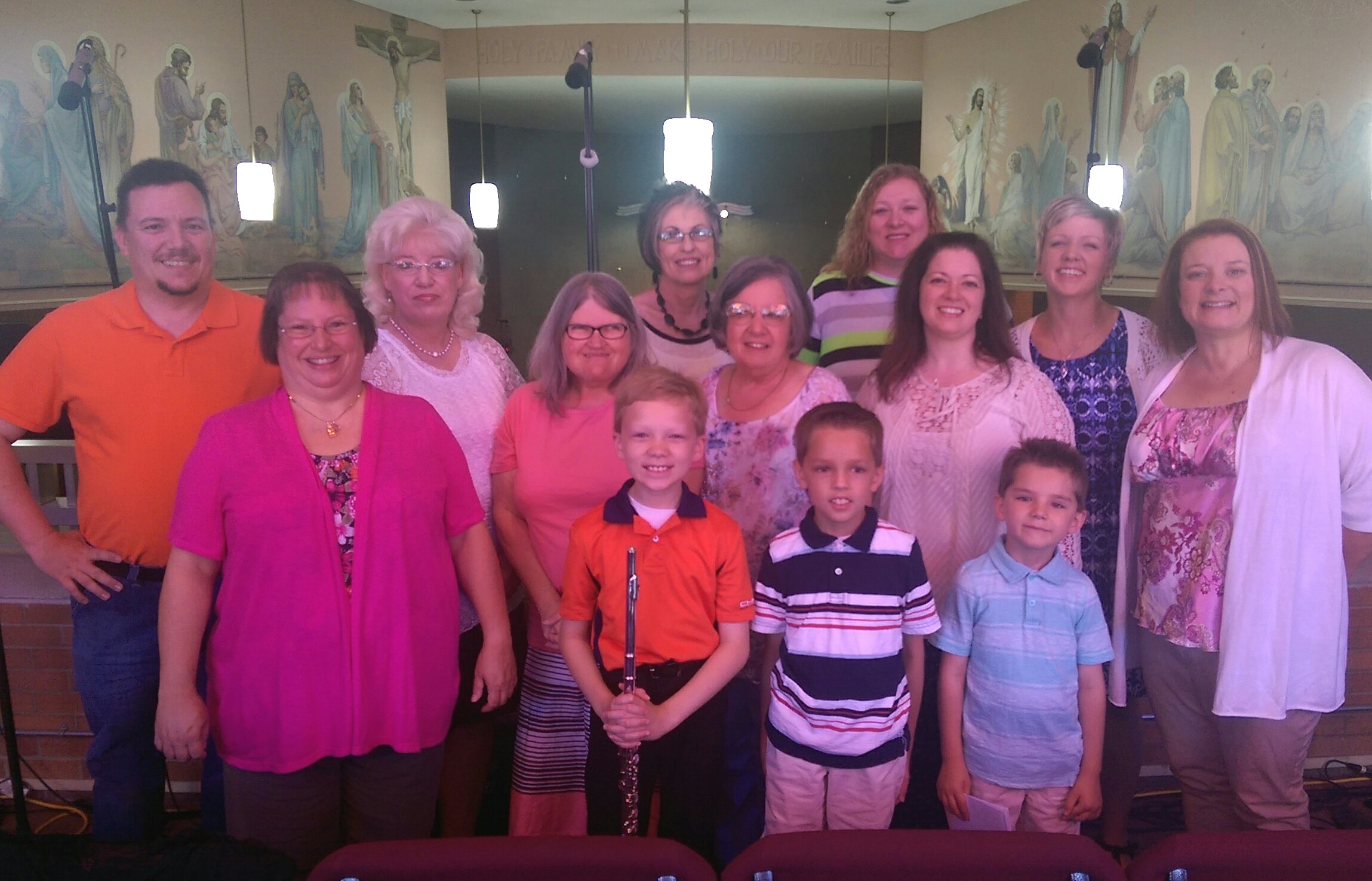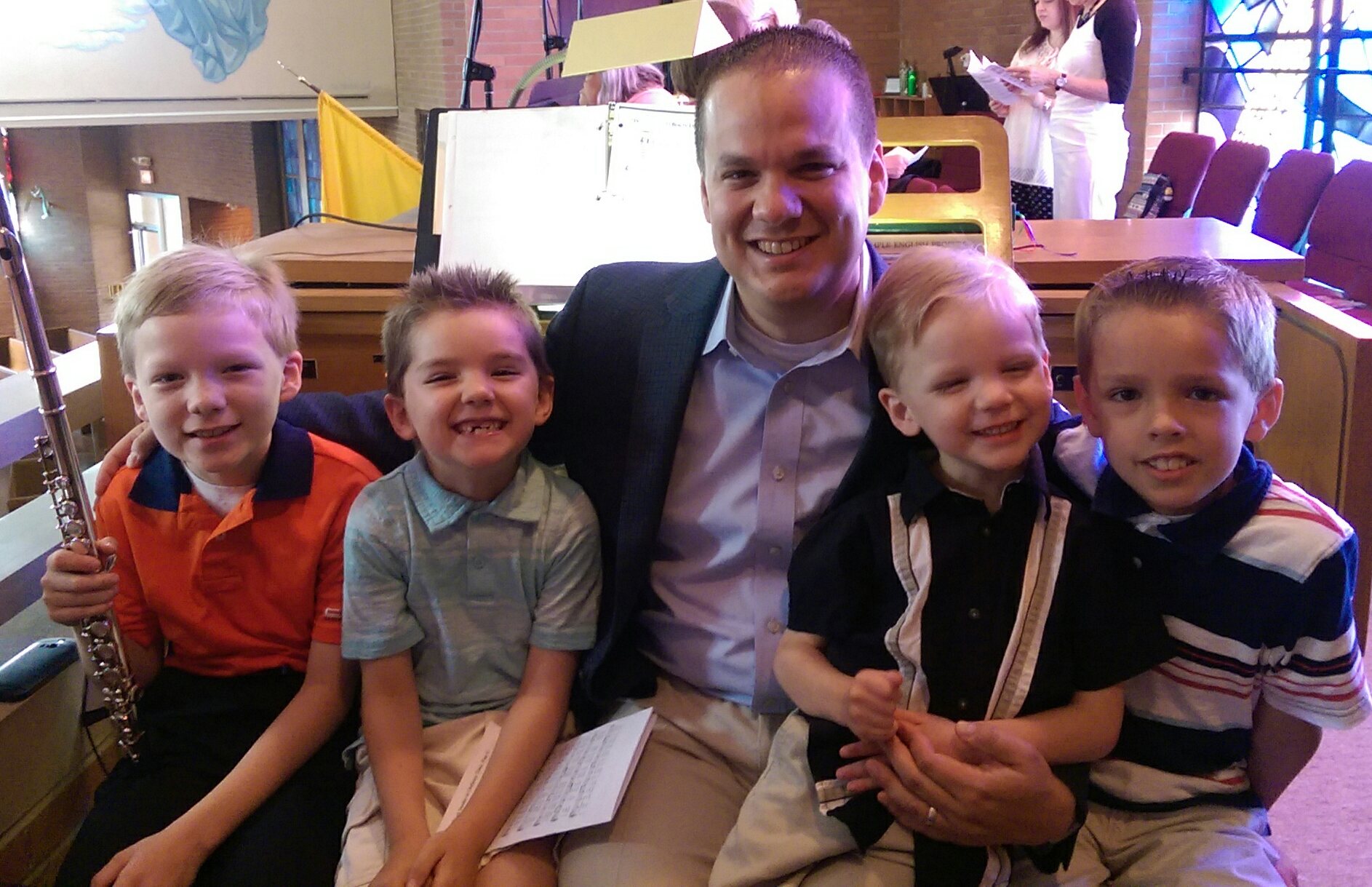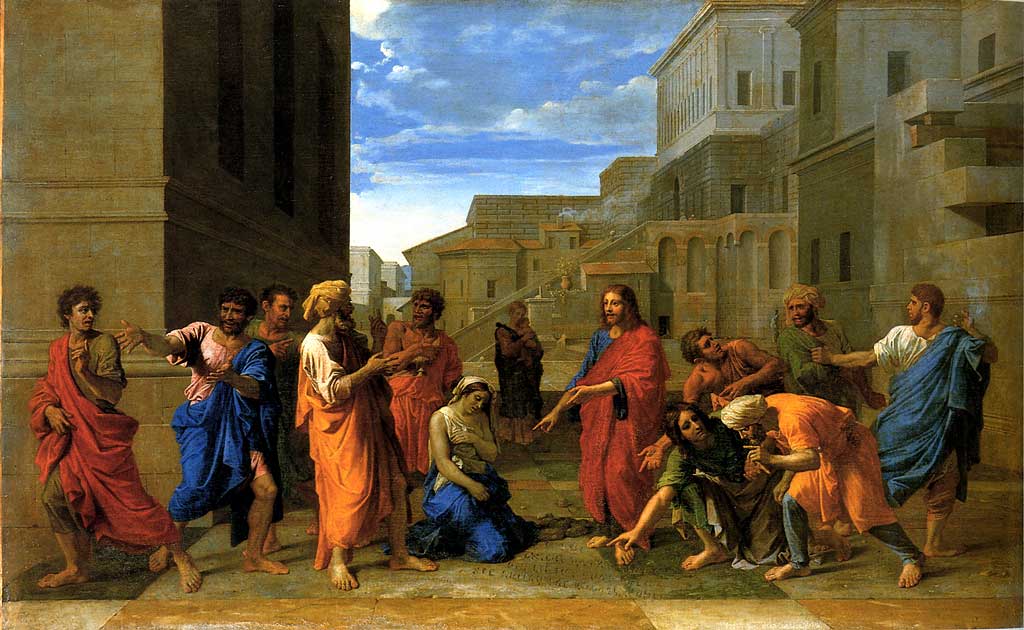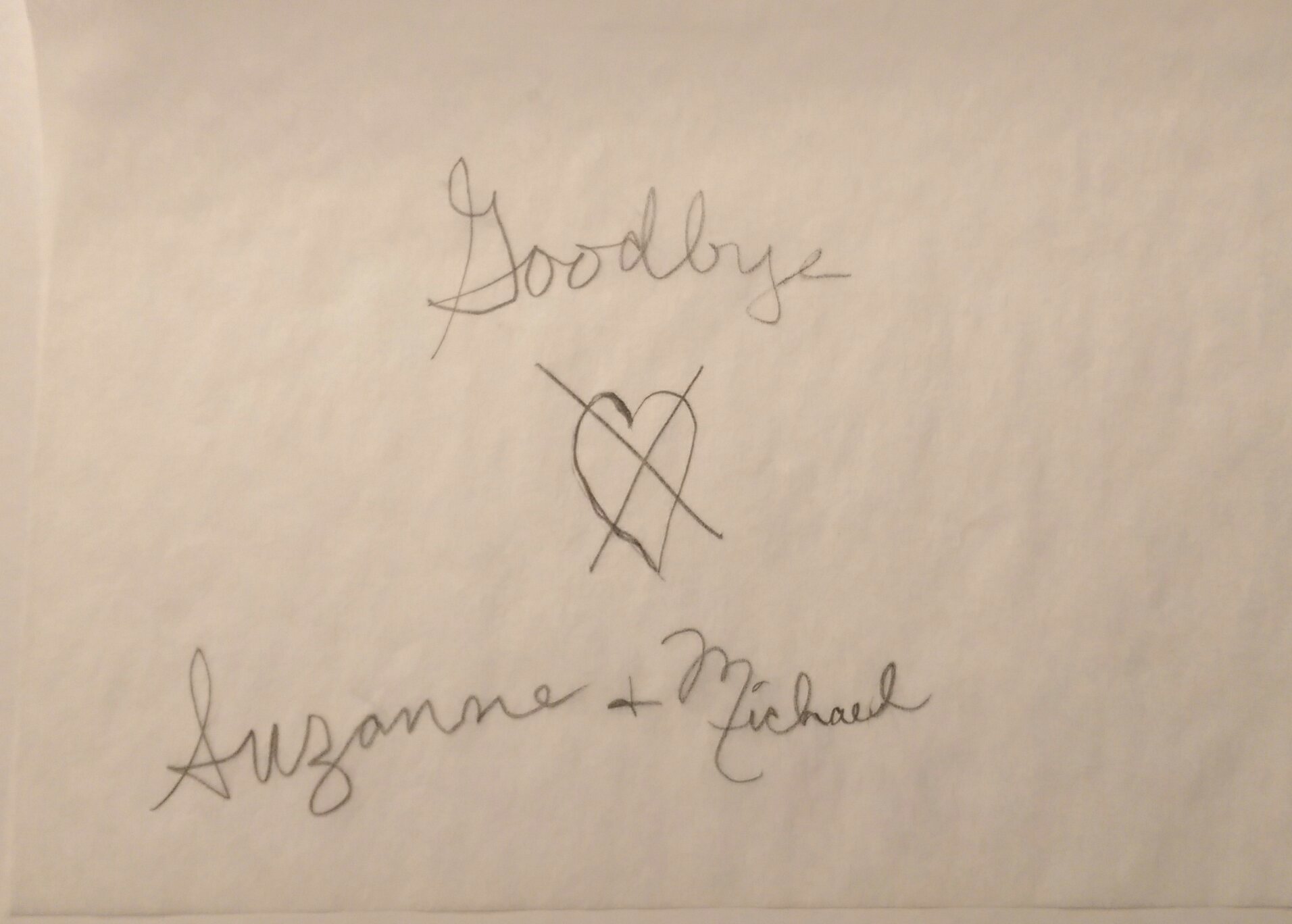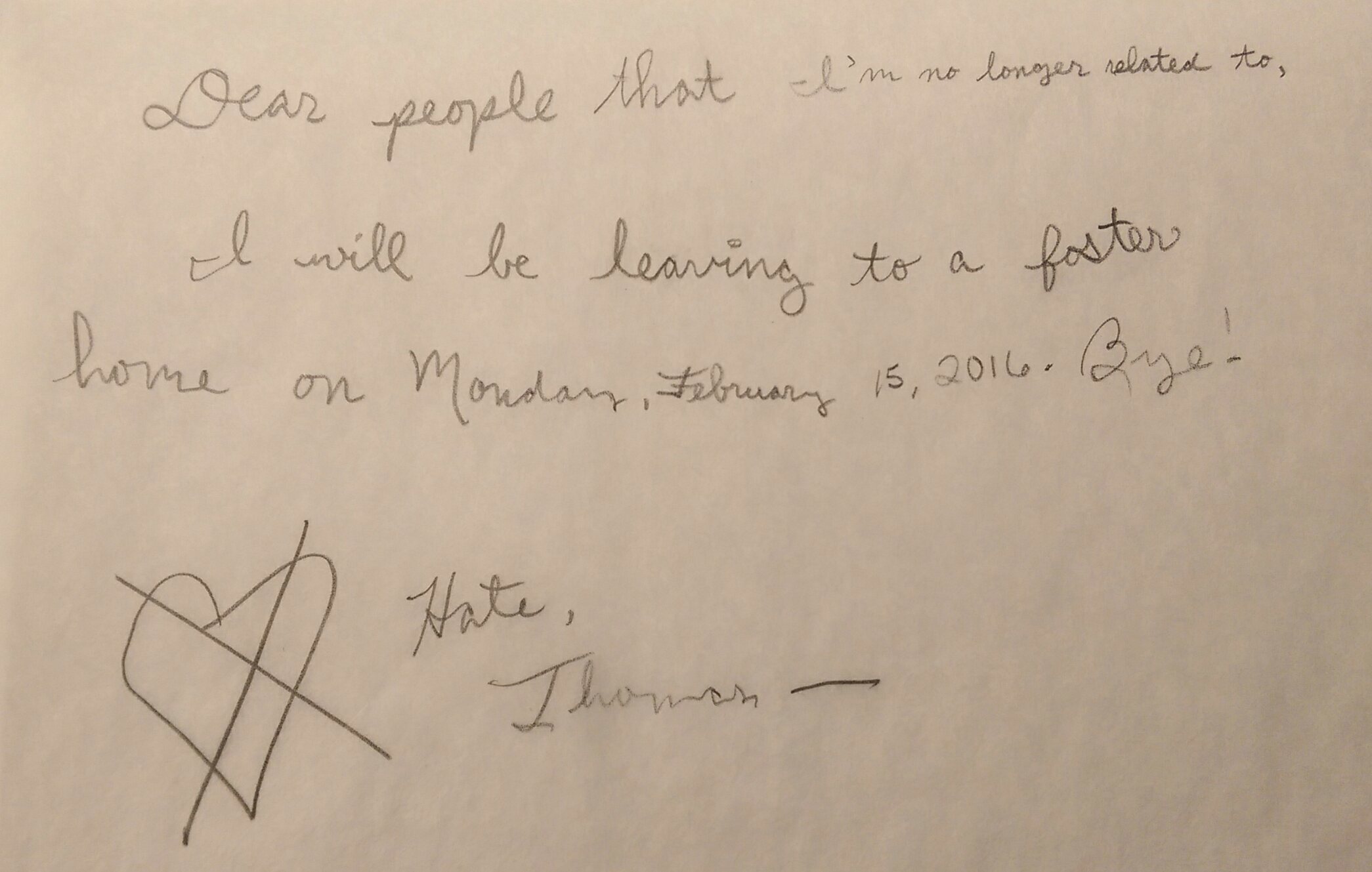For centuries, “the problem of evil” has vexed those who believe in God and given those who do not believe a strong argument against God’s existence. Put simply, the problem of evil begs an explanation for the existence of pain and evil within the creation of a God who is supposedly all powerful, all knowing, and all good. As Brian Davies explains, it “is commonly seen as the problem of how the existence of God can be reconciled with the pain, suffering, and moral evil which we know to be facts of life.”[note]Brian Davies, “The Problem of Evil,” New Blackfriars 73, no. 862 (1991): 357.[/note] It is reasonable that if there is evil, God knows about it, could stop it, and would want to stop it. However, evil exists in our world. This problem was one of many Saint Augustine needed to reason his way through on his own path to Christianity, eventually settling upon an explanation that still serves us well today.
Prior to his conversion, Augustine associated with the Manichees and espoused their belief that good and evil were forces of similar, infinite, real substances matched in battle here in our existence. Furthermore, the evil we encounter is the result of that battle in our natural world.[note]Augustine, The Confessions, trans. Maria Boulding (Hyde Park, New York: New City Press, 2001), 89.[/note] One modern Manichean construct that assists in understanding this position is found in the Star Wars films as the conflict between the light and dark sides of “the Force.”[note]Daniel Kolb, lecture on Augustine (Springfield, IL: Villa Maria Catholic Life Center, 9 April 2016).[/note] For a period of time, Augustine explored and considered this belief. Eventually, though, he settled upon his own explanation which helped him return to the Catholic faith. We still reference his explanation today since it established the key concepts for the discussion of evil in western philosophy.[note]Judith Chelius Stark, “The Problem of Evil: Augustine and Ricoeur,” Augustinian Studies, 13 (1982): 111.[/note]
Augustine’s explanation of evil is rooted in its ontological nature (the understanding of its essence and existence): evil is not itself a substance, but rather, evil is the corruption of a good substance. Augustine accepts that God is all powerful, all knowing, and all good, and God created all things. He begins to explain evil by clarifying that creation is from God, not of God, therefore creation does not necessarily share in God’s perfect nature. To the contrary, he observes that the changeable world of nature is imperfect. It has things that cease to be within it, and he starts to consider that created things have a tendency toward corruption or non-existence. From this observation, he further considers evil as a corruption, a lack of form or lack of some ideal state. He then proposes that corruptibility in nature is not of God’s nature, but it is inherent in God’s creation because God created all things out of nothing. As a result, creation will have a tendency back toward nothingness – corruptibility – which is the nature and root of evil.[note]Stark, “The Problem of Evil: Augustine and Ricoeur,” 114.[/note] Augustine writes, in The Nature of Good:
All corruptible natures, therefore, would not be natures at all if they were not made by God, and they would not be corruptible if they were made of him, because they would be what he is. And so they exist with whatever limit, whatever form, whatever order they have, because it is God who has made them. But they are not immutable, because that whence they have been made is nothing.[note]Augustine, The Nature of Good 10, in The Manichean Debate: The Works of Saint Augustine, a Translation for the 21st Century, trans. Roland Teske, S.J. (Hyde Park, New York: New City Press, 2006), 327.[/note]
Augustine’s explanation of the problem of evil presents us with the idea that evil is present in nature because of the fact that God created nature out of nothing, and evil is the presence of some natural corruption based in nature’s tendency back toward nothingness.
Over time, philosophers have added their own thinking atop Augustine’s foundation. In The Problem of Evil: A Solution from Science, Patricia Williams proposes that even advances in science lend credibility to some of Augustine’s thinking. She points to the second law of thermodynamics, which sets forth that closed physical systems become increasingly disordered over time, as necessary for life. Death, disorder, and corruption are scientific necessities of creation itself. Further, she puts forth the four fundamental forces (gravity, electromagnetism, and weak and strong interactions of nuclear elements) which allow material existence to be, as a necessary trade-off for creation itself. “Natural evil, the evil caused by earthquake, fire, and flood, occurs because planet Earth is subject to these laws.”[note]Patricia A. Williams, “The Problem of Evil: A Solution from Science,” Zygon 36, no. 3 (2001): 572.[/note] She provides a wonderful analogy of how God, in his goodness, chose to create, even within the real confines of the material with which he created, paralleling God’s creativity with an artist’s creativity:
Artists choose their medium and its laws, then use the very constraints imposed by the medium and its laws to be creative. For example, an author may compose poetry or novels. Poetry has its own set of rules, and rules within rules. Novels have rules unlike those of poetry. Among novels, detective novels have different rules than historical ones. But all the rules are made by human beings, and following them produces the distinctive poem or novel the author wishes. God is like an author. God makes the rules and the rules within the rules. Which rules God makes depends on the desired creation. For this world, the main rules seem to be the second law of thermodynamics and the four fundamental forces. There might have been other worlds with other rules. But these rules turn out to be the ones for creating a world inhabited by creatures for whom morality is to be a central and serious matter.[note]Ibid., 573.[/note]
In nature, when we expect eyesight but find that the eye is corrupted in its natural state, we might say the blind person is beset by the evil of blindness. If we expect life, but the body is plagued by its ultimate corruption, natural death, we might say the person has fallen to the evil of death. Augustine suggests that these corruptions in nature constitute evil, the necessary reality stemming from the nature of creation.
There are, of course, situations which we would call “evil” that are imparted upon man by other men. These situations beg reasonable people to question God’s all powerful, all knowing, and all good nature. Murder, genocide, even involuntary and accidental acts of violence call this question to mind every day via news headlines and impacted friends and neighbors. The existence of human beings with free will introduces a complexity to the problem of evil, and one might wonder how Augustine’s explanation from the corruptibility of nature applies to these situations of moral evil. Augustine explains “this liability to corruption also has a moral dimension” and “these two dimensions – the ontological and the moral – are intrinsically joined.”[note]Stark, “The Problem of Evil: Augustine and Ricoeur,” 116.[/note] In this way, Augustine proposes that evil can be introduced or natural corruptibility can even be accelerated or exacted by man’s moral choice and resulting action. By choosing to impart man with free will, God introduced the potential for man to choose to do good or evil. Augustine even observes that God created all men as good, and “the villains themselves are fit only for these lower regions [of God’s world] in the measure that they are unlike [God], but for the higher when they come to resemble [God] more closely.”[note]Augustine, The Confessions, 130.[/note] He reinforces the idea that evil, in the moral sense, is still not a substance, but rather a corruption, or the lack of some good:
I inquired then what villainy might be, but I found no substance, only the perversity of a will twisted away from you, God, the supreme substance, toward the depths – a will that throws away its life within and swells with vanity abroad.[note]Ibid.[/note]
To Augustine, free will necessarily presents man with an opportunity to choose to initiate or cause evil to occur. The fact that man has free will opens the door to evil acts. Brian Davies carries this thinking forward, explaining:
In creating people, therefore, God was faced with an alternative. He could either have created a world lacking moral evil, or he could have created a world where moral evil was a genuine possibility. If he had created the former he could not have created a world containing free agents. In fact, he created the latter, and this means that there is a genuine and unavoidable possibility of moral evil. In creating the world he did create God was making the better choice, because a world containing free agents is better than a world without them.[note]Davies, “The Problem of Evil,” 360.[/note]
Or, as Williams simply states in The Problem of Evil, evil “is a necessary part of a humanity whose capacities make human beings moral beings.”[note]Williams, “The Problem of Evil: A Solution from Science,” 571.[/note]
Augustine’s response to the problem of evil includes explanations of natural evil and of moral evil, those evils caused by the villainy of men exacted upon each other of their own free will. For centuries, it has served theologians, philosophers, the faithful, and those seeking answers, and some have even built upon it with modern scientific knowledge. But it does not present a suggestion of how men of good will could work to slow or work against some of the corruption of nature. For those answers, one could to turn to the theology of Augustine’s Christian faith, which beckons men to action. The Parable of the Good Samaritan, in which a traveler stops to help a stranger who had fallen prey to the evil of robbers (Luke 10:29-37 NABRE) is presented by Jesus as an illustration of how a man of good will might help offset evil. Jesus presents this parable in his conversation with the scholar of the law about the greatest commandment, to “love the Lord, your God, with all your heart, with all your being, with all your strength, and with all your mind, and your neighbor as yourself.” (Luke 10:25-28) The moral choice to love and treat others as yourself has a balancing effect on evil that might be initiated by men of lesser moral character.
As Augustine helped us understand, evil is not a real thing of substance, but it is a reality of the natural world God created, due to creation’s very composition and rules. God accepted these rules as the trade-off for the material of creation and for the possibility of a creation that affords man his free will. In this sense, evil is not a problem per se, but an opportunity for a higher understanding of the reality of our transient, corruptible nature, and of hope and contemplation of that which is perfect, God himself.
Submitted May 22, 2016, for the course “Introduction to Philosophy: Pre-Theology for Deacon Candidates”, Instructor: Daniel Kolb, Ph.D.
